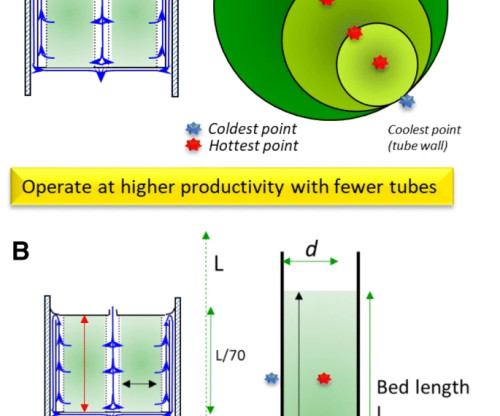Strategic Biofuels licenses Johnson Matthey-bp FT CANS technology for Louisiana plant
Green Car Congress
FEBRUARY 27, 2023
Strategic Biofuels has selected Johnson Matthey’s (JM’s) Fischer Tropsch (FT) CANS technology—co-developed with bp—for its Louisiana Green Fuels project (LGF) in Caldwell Parish, Louisiana. 2020) “Innovation in Fischer–Tropsch: Developing Fundamental Understanding to Support Commercial Opportunities.” Paterson, J.,












Let's personalize your content